Black and Brown communities have borne the brunt of cannabis prohibition, making up for the majority of cannabis arrests throughout history. Today’s legal market must make up for these past mistakes, and many social equity organizations have come together to speed along the process.
Enter Black Cannabis Week: a week of events that elevate awareness and opportunities for Black and Brown communities in the cannabis space, who’ve been most oppressed throughout the prohibition era.
The series creates space for Black and Brown operators in today’s cannabis market: a chance for people to network, connect with like-minded individuals, and bring awareness to these important causes that demand public attention.
Black Cannabis Week: Entrepreneurship, Wellness, Innovation, and Education
Black Cannabis Week is returning for its fourth year in a row. The series of engaging and interactive events will take place from September 19-26.
The Cannabis Opportunities Conference, which is the first free cannabis conference for Black and Brown communities has been an anchor event of Black Cannabis Week, and will be a major attraction for this year as well.
The conference will be held at Temple University's Medical Education and Research Building in Philadelphia, and will present daily virtual and in-person forums to emphasize the importance of social equity, wellness, veterans and patients needs, expungement, careers, education, and vendors.
The series of free virtual and in-person events highlight the organization’s collaborations with Diasporic Alliance for Cannabis Opportunities (DACO), Minorities for Medical Marijuana (M4MM), Philadelphia Cannabis Business Association (PCBA) and other diverse cannabis groups and industry leaders. Over 30 keynote speakers will present over the weeklong course.
The event aims to engage and connect these issues with a global community, gleaning substantial takeaways from roundtables, educational presentations, workshops, a free cannabis certification, an expungement and career fair, networking opportunities, and more.
If you’re unable to attend in person, no problem – an online version of each day will be uploaded to the website, so people all over the world can join in to learn about cannabis and hemp history, veteran issues, careers and education, policy, social justice, health, and business.
“This is a week to educate, celebrate, and elevate Blacks in cannabis. Many people in Black and Brown communities shy away from cannabis conferences and gatherings because of stigma,” said Cherron Perry-Thomas, Social Impact Strategist of DACO and founder of the Cannabis Opportunities Conference.
“I believe information is key to navigating this path. All our lives, we heard about the negatives. Now, research shows there are many positive aspects, from wellness to financial, to being involved in cannabis.”
The Event Brings Light to The Discriminatory and Racist Roots of Cannabis Prohibition
The need for Black and Brown communities to have their own defined space in cannabis is based on prohibition’s past, which is rooted in racist origins that have had a severely negative impact on these communities throughout the decades.
Many legacy operators, particularly those who are POC, have suffered the worst consequences of cannabis prohibition: being unfairly locked up, removed from government housing or support, kicked out of their homes, or denied career opportunities because of their involvement with the plant.
Black Cannabis Week recognizes these injustices, aiming to make inclusion, equality, and accessibility the ultimate priorities in the legal cannabis market.
Unfortunately, much of the legal industry has already been auctioned off to the highest bidders, locking the legacy operators out of the game and leaving it in the hands of people with deep pockets and no cannabis experience.
“The cannabis industry has marginalized the role of a legacy market. The very people who kept it alive during and after prohibition are being locked up and locked out,” Perry-Thomas told The Bluntness.
“The industry has pushed for regulations to increase their role and decrease everyone else. We need regulation that will invite communities to participate instead of keeping them out.”
While legacy operators were definitely hit the hardest during nationwide cannabis prohibition, they haven’t had a much easier time in the legal market.
The pathway for legacy operators to become legitimate is basically nonexistent: these people are forced to jump through ridiculous hoops and shell out a massive amount of money just to be able to apply for a license.
“Social equity should definitely have a role in cannabis. But the concept is much easier than the application,” Perry-Thomas said.
“There have been social equity applicants who’ve gained access [to the legal market], only to be forced to sell their license or struggle because they have little to no resources to support their growth. I like to equate the concept to the Emancipation Proclamation: ‘freeing’ the enslaved, but leaving them without the means to exist on their own.”
When it comes down to it, there’s absolutely no reason the legal cannabis market cannot make room for legacy operators in a way that welcomes their expertise and isn’t unnecessarily restrictive and difficult to enter.
More legal operators means less consumers relying on the underground market. This means more tax revenue for the state, and easier access to the plant for consumers in need.
Although the lack of pathway for legacy operators is a persisting issue, states across the country are slowly taking steps to change this by working the need for social equity into their cannabis regulation language.
States like California, New Jersey, and New York have prioritized expungement of past cannabis crimes, and beyond state governments, organizations like Last Prisoner Project, The Equity Organization, and Black Cannabis Week are doing important background work to eventually bring marginalized communities in cannabis to justice.
"Black and Brown communities have been an afterthought in the evolving global cannabis industry. If we fail to prepare and learn now, we will be too far behind to enter into this emerging field,” Perry-Thomas said.
“It's imperative that we learn the facts about cannabis, the unjust laws that have created the stigma, explore opportunities for empowerment, and reduce the barriers to help more Black and Brown communities switch from consumers to decision makers which is our mission with Black Cannabis Week.”
Visit www.blackcannabisweek.com or call 1-800-791-1845 to register for free or learn more about how to participate or sponsor Black Cannabis Week 2021.
Need a little more Bluntness in your life? Sign Up for our newsletter to stay in the loop.
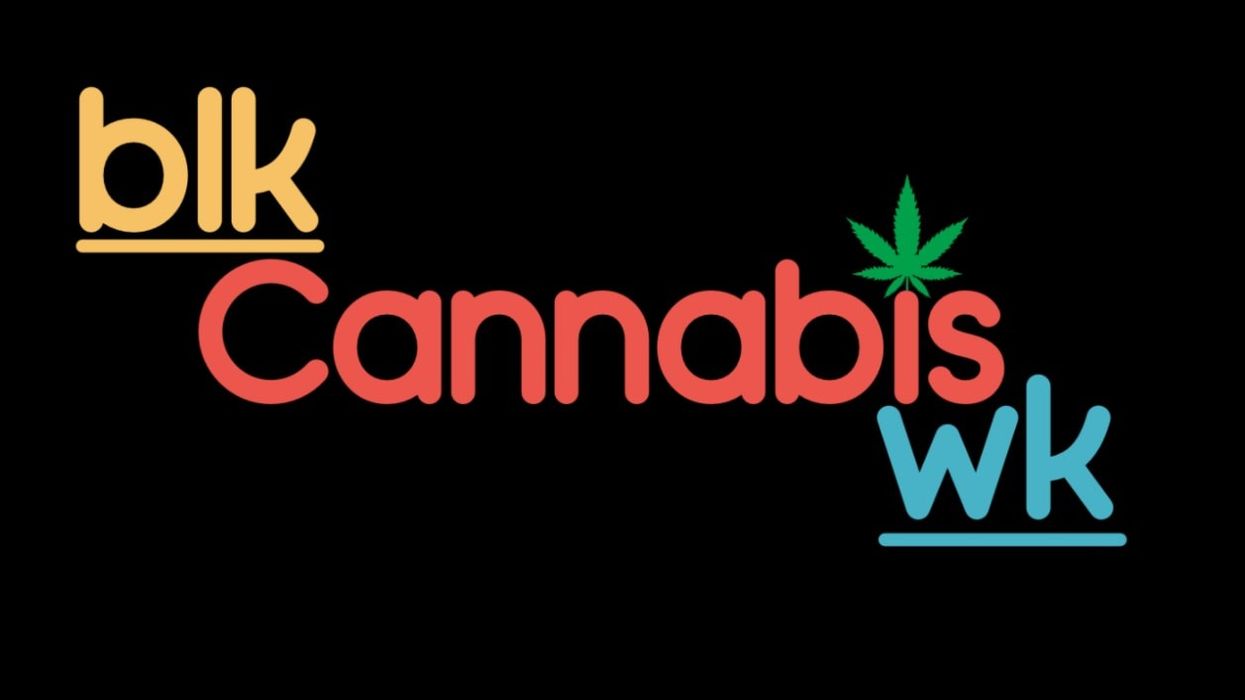





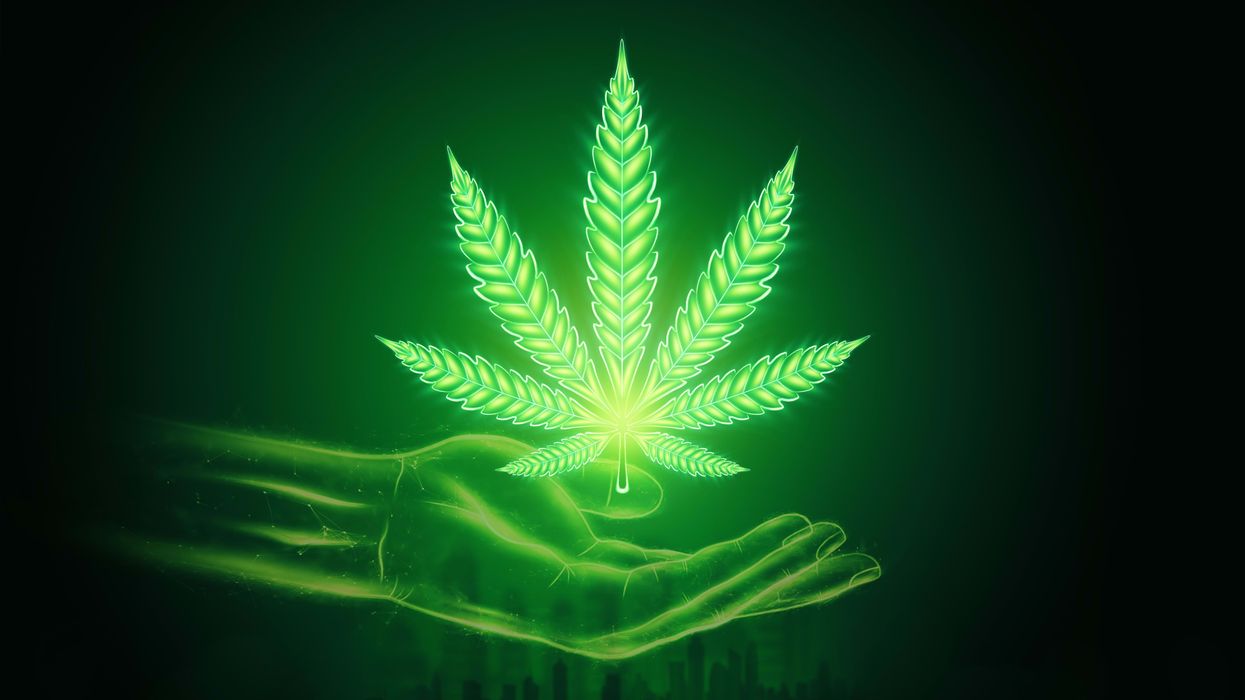






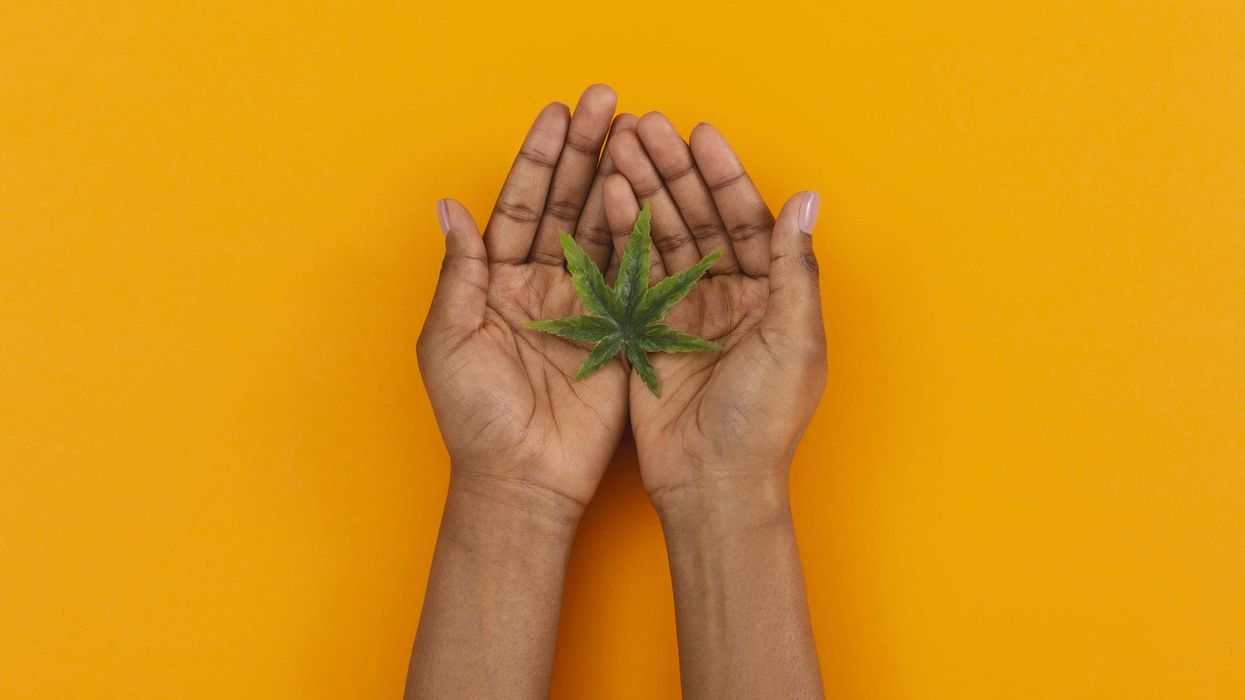
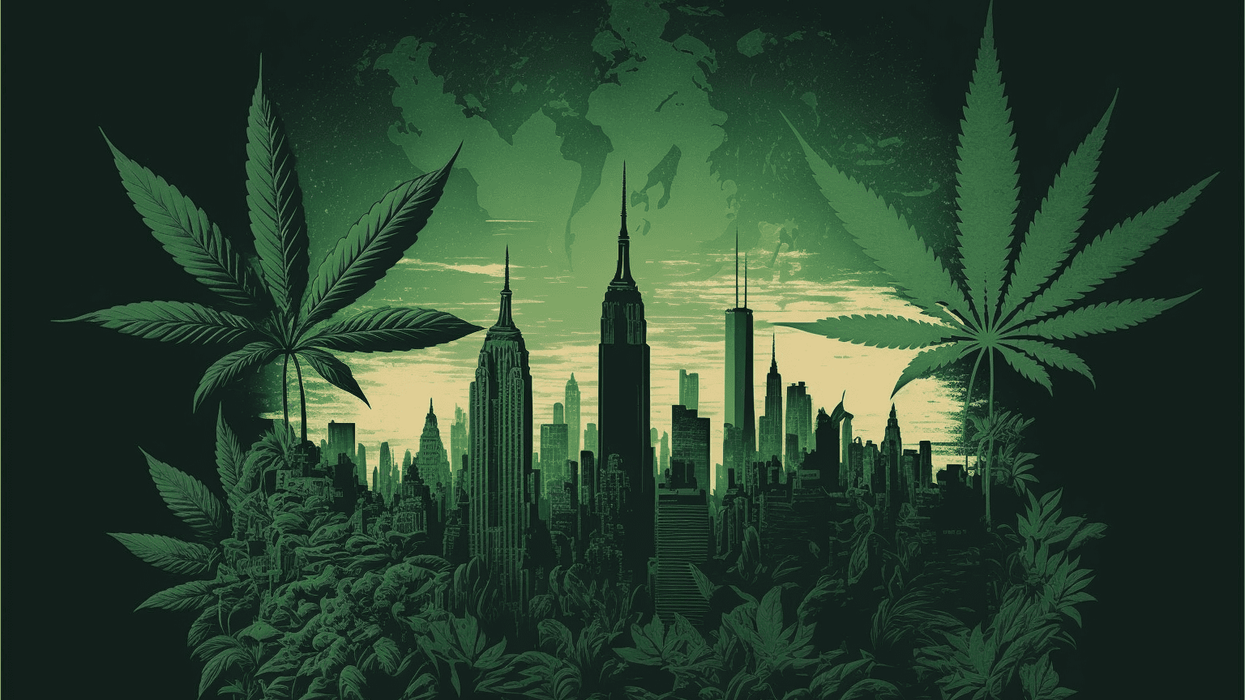

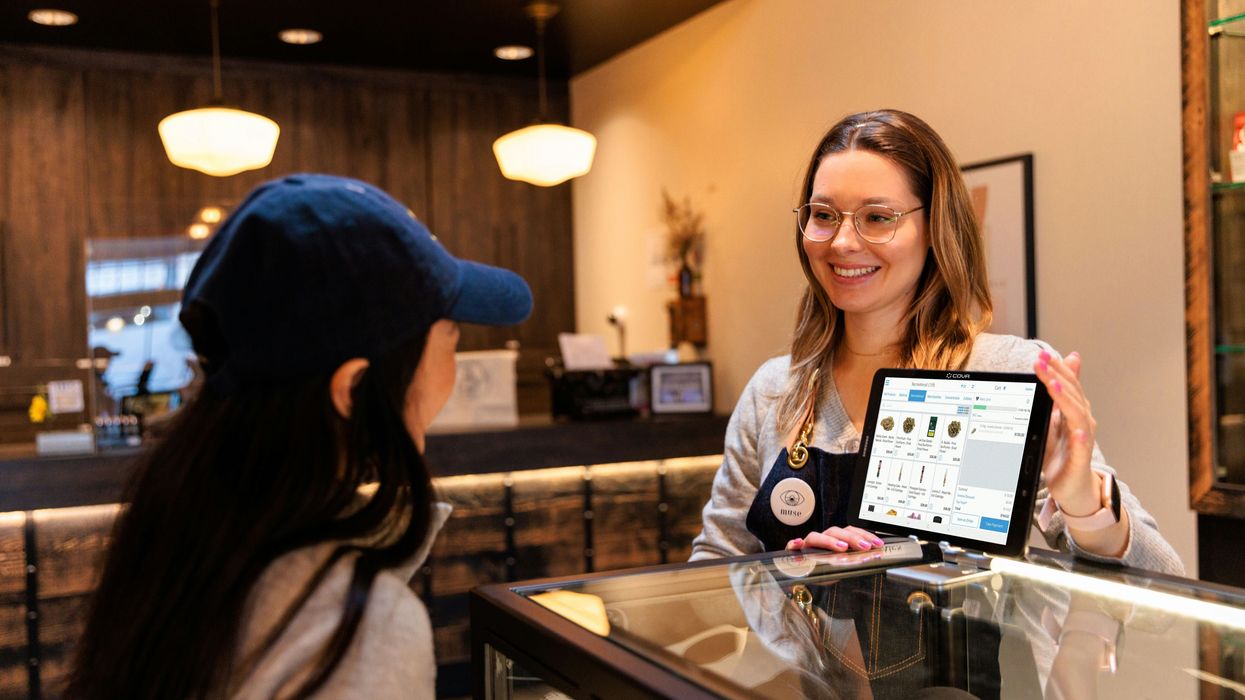
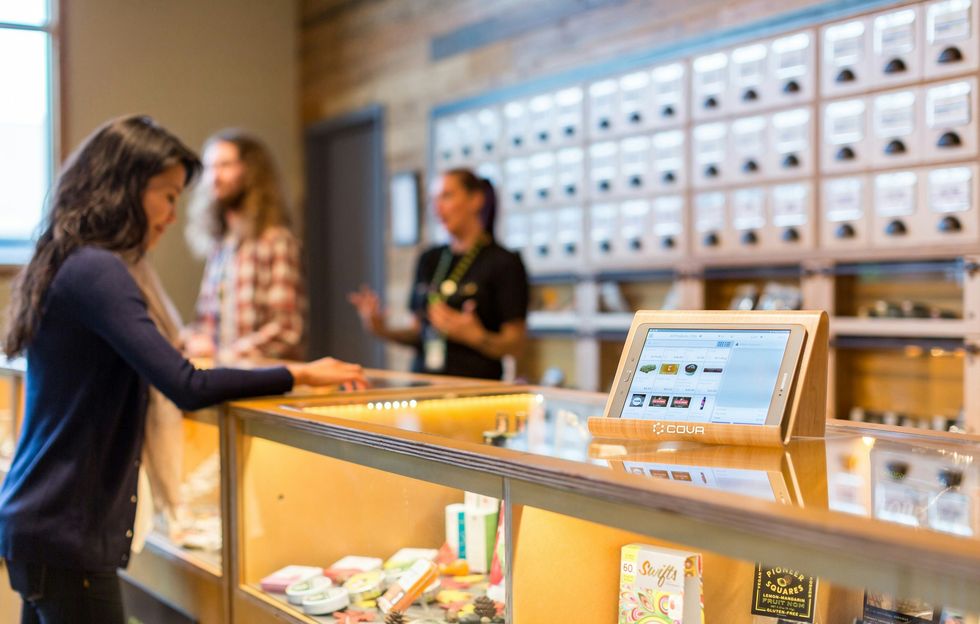 How to Become a Budtender: Complete Career Guide & Salary Information - The Bluntness Photo by
How to Become a Budtender: Complete Career Guide & Salary Information - The Bluntness Photo by  How to Become a Budtender: Complete Career Guide & Salary Information - The Bluntness Photo by
How to Become a Budtender: Complete Career Guide & Salary Information - The Bluntness Photo by